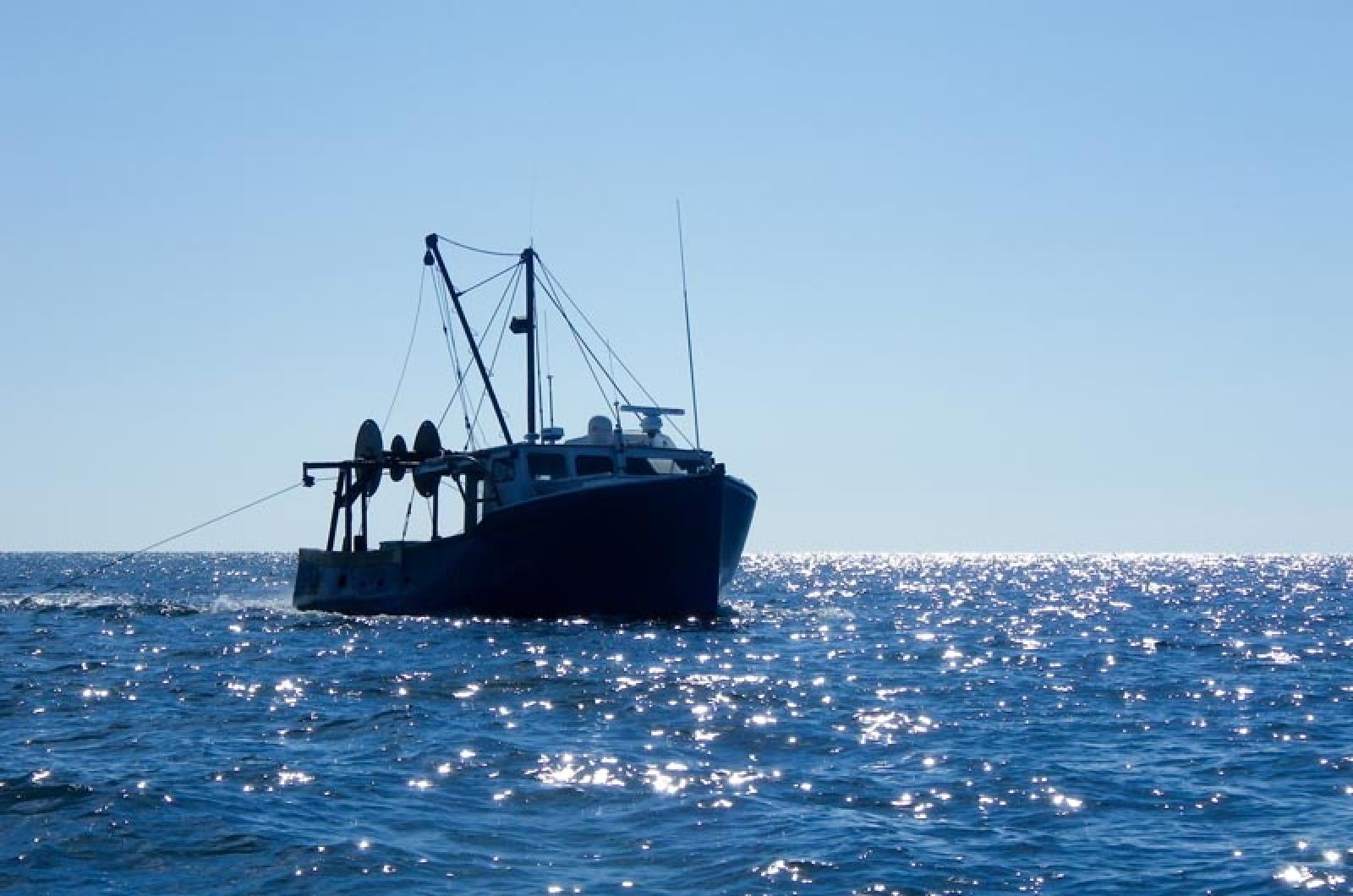August is the month of opportunity when it comes to fishing. You can fish early or late under the stars. You can go by boat many miles out to sea or do it the easy way offshore. The water around the Island is warm enough for one to stand knee deep in the water and cast for hours without getting cold. There is no need for waders.
We’ve seen bluefish chasing bait close to shore, so when heading to the beach bring a rod and a small bag of tackle. It is all about seizing the opportunity.
Striped bass are out there, too, usually in the morning and late in the day. We’ve heard of swimmers at Bend in the Road Beach with snorkel gear seeing striped bass moving about.
When bluefish are present there are telltale signs including terns flying overhead, and a barely perceptible oil slick on the surface. The birds are feeding on the bait chased to the surface by these voracious eaters. The bluefish don’t stay long in any one spot.
Fluke, also called summer flounder, are a great fish to pursue in August. They are a bottom-dwelling fish and have been caught throughout the waters of the Vineyard. Most of the commercial fishing boats pursue fluke in Vineyard Sound. But we saw a fluke fishing boat just off Cape Pogue on Sunday.
August is bonito month. The reports during the last days of July were few and the landings low, but soon the bonito are sure to show their fins. Atlantic bonito is a little tuna that comes close to shore. They are fast and can show up at anytime during the day. Bonito are one of the four competitive fish in the Martha’s Vineyard Striped Bass and Bluefish Derby.
Bonito were caught at The Hooter last week. The Hooter is the nickname for a government buoy located in Muskeget Channel, a channel that runs North and South between Martha’s Vineyard and Nantucket. The buoy has a whistle, and gets its name from the sound it makes. The Hooter is south of Wasque and usually the place where bonito first appear.
Once the bonito arrive, count on seeing a small fleet of boats drifting most mornings near the Steamship Authority wharf in Oak Bluffs. These anglers have earned the nickname: The Bonito Fleet.
Kayakers and small boat operators who fish can enjoy a Nantucket sleigh ride if they catch one of these little fish. A bonito will pull hard enough to move a kayak through water.
Quite a few years ago the Martha’s Vineyard Surfcasters Association had an annual Chappaquiddick shark fishing tournament in early August. Shore fishermen gathered at East Beach for a night of shark fishing. They used bluefish, caught earlier in the day, as bait. Brown sharks, also known as sandbar sharks, usually weigh under 100 pounds but they’ve been as big as 260 pounds. They are a good eating fish, too. The decline in brown sharks and the controversies over shark fishing contributed to the end of this event.
Striped Bass and Black Sea Bass
The commercial season for striped bass ended on Wednesday, when the state quota of 997,869 pounds was taken. Like last year, the fishing season was short, about four weeks long. The season opened on July 14. Most of the stripers were caught off Chatham. But there were some landings on the Vineyard. Michael Holtham of the Menemsha Fish House said that a number of Vineyard anglers went to Chatham for the fishing.
The recreational striped bass fishing season continues, so if you want to eat locally caught striped bass, you either have to catch it yourself or make a friend who has one in his cooler.
The black sea bass season opened on Tuesday.
Black sea bass are the “catch of the day” from now through the end of the month. The state made significant changes to the way the fish is managed. Fishermen are hopeful that with the shift in the management, more local restaurants and fish markets will be able to carry this fish.
Black sea bass is a Vineyard success story. Black sea bass numbers were once way down, but they have made a comeback in this region.
In the past, state regulations allowed most of the black sea bass fishing to take place earlier in the year. By the time summer arrived there was very little of the quota left. This year is different. Massachusetts has a 282,100 pound quota. It is a fraction of the striped bass state quota of nearly a million pounds but a considerable amount of the black sea bass quota is connected to Nantucket Sound. So expect to see the locally caught fish in the local markets.
Fishermen and fishmongers will be interested to see how quickly this quota lasts.
Black sea bass are a sweet-tasting chowder fish. They hold up well baked and in chowders. The fish is often served on the plate whole, head and tail.






Comments
Comment policy »